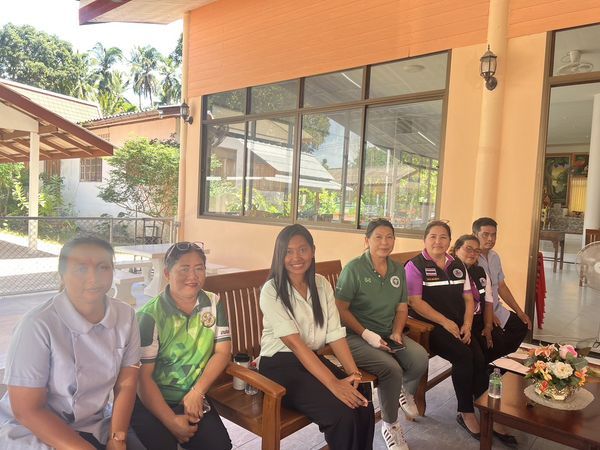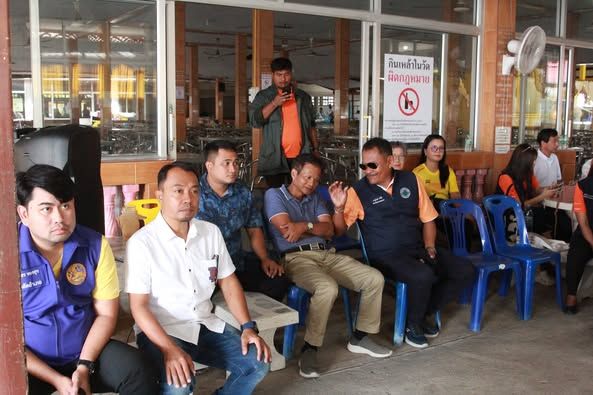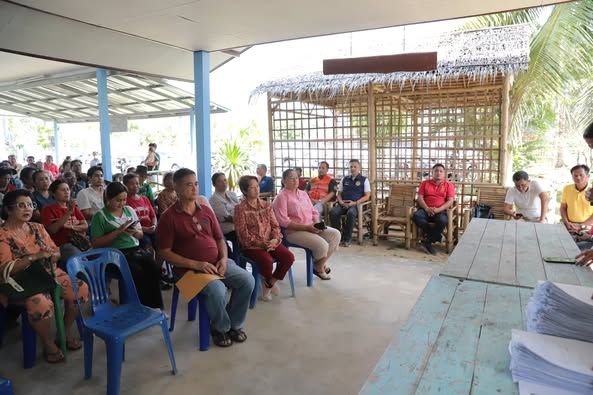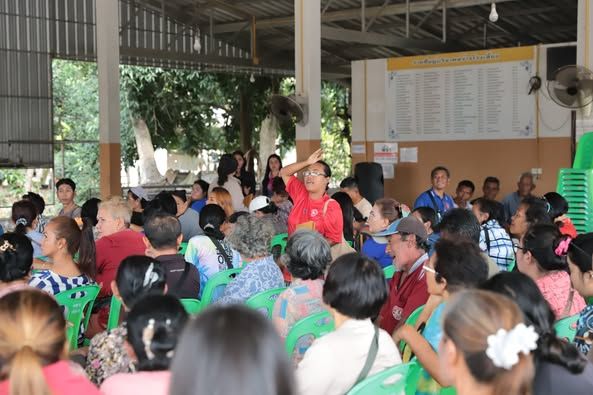A Collaborative Effort to Promote Healthy Living
On July 12, 2013, a group of Village Health Volunteers from Taling Ngam Subdistrict in Koh Samui, Thailand, joined hands to fight iodine deficiency diseases. This initiative, led by Anucha Sangsri, the Health Promotion Hospital director of Taling Ngam Subdistrict, aims to raise awareness and educate people about the importance of incorporating iodized salt into their daily diets.
The Importance of Iodine in Our Diets
Iodine is a vital element in the production of thyroid hormones, which play a key role in various bodily functions such as brain development and growth. Iodine deficiency can lead to various health issues, including brain damage, stunted growth, and even goiter. By consuming iodized salt, people can help ensure they receive the required amount of iodine to maintain their health.
Project Launch and Objectives
The project was officially launched at an opening ceremony held at the Santivaram Temple in Koh Samui District, Surat Thani. Village Health Volunteers from Taling Ngam Subdistrict, Moo 1-5, representing five villages, collaborated to draft the project. Their aim was to request budgetary and equipment support from the Koh Samui Municipality’s Health Insurance Fund.
The project specifically targets 148 households of local residents and shops in the area, with a focus on improving their understanding of disease prevention and overall quality of life. By educating the community about the significance of iodine in their diet and promoting cooperation towards its inclusion, the volunteers hope to make a sustainable impact in eliminating iodine deficiency diseases from Thailand.
Spreading Knowledge and Encouraging Healthy Practices
Through this project, Village Health Volunteers seek to empower individuals to take control of their health by making informed dietary choices. By providing knowledge and resources, they hope to inspire lasting change within the community.
In the long run, the project can potentially contribute to a healthier society, where individuals are aware of the crucial role iodine plays in their well-being and are proactive in preventing iodine deficiency diseases.




